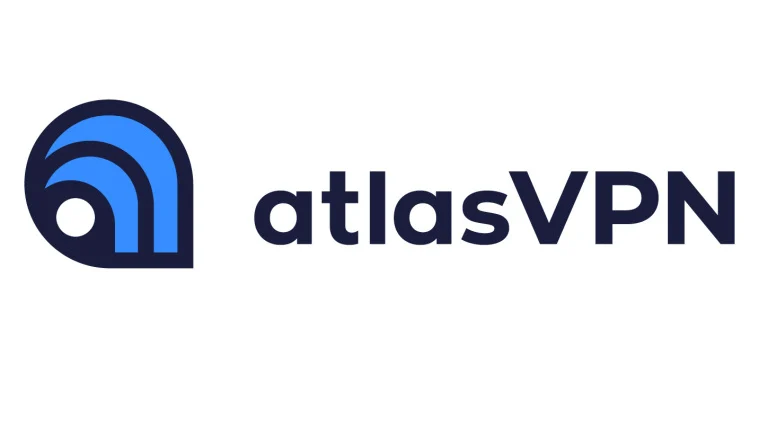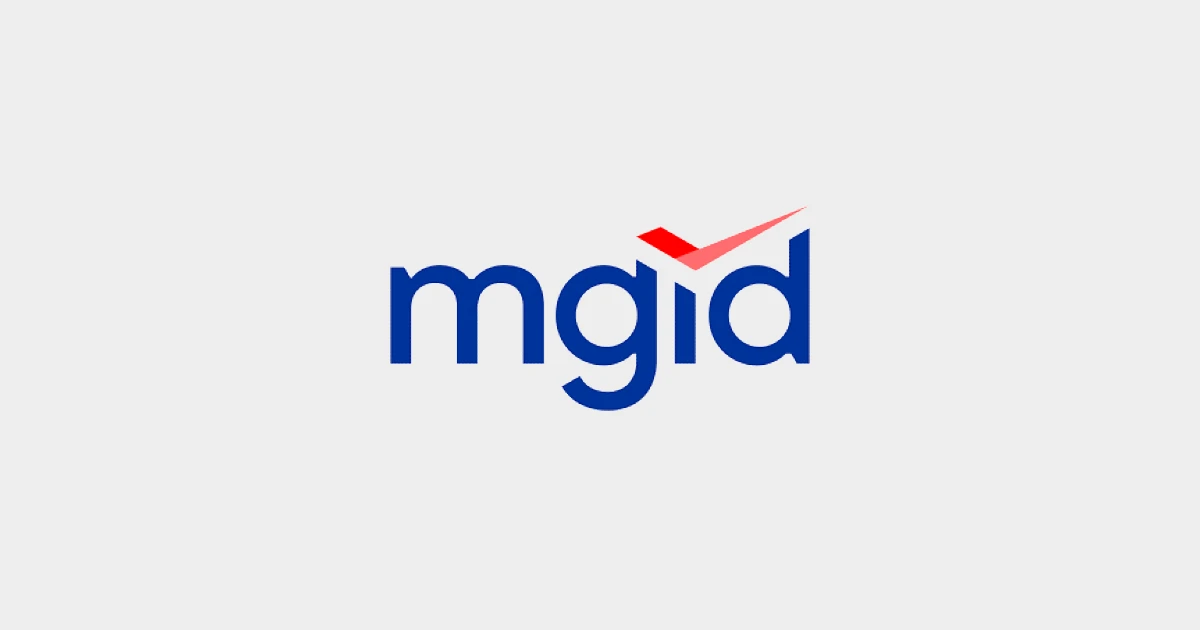
Binary options have emerged as a popular but contentious financial instrument, particularly within the framework of Islamic finance. The key question many Muslim traders ask is whether binary trading is halal or haram.
While binary options offer a straightforward, all-or-nothing prediction model, their structure raises fundamental concerns about compliance with Sharia principles. To fully address this issue, it’s essential to analyze the mechanics of binary options through the lens of Islamic law and the financial principles it upholds.
What Are Binary Options?
Binary options are a type of financial instrument where individuals bet on whether an asset’s price will rise or fall within a set period. If their forecast is accurate, they receive a fixed return. If it’s wrong, the initial investment is lost. Unlike traditional trading, binary options involve no actual ownership of the underlying asset.
The simplicity and short-term nature of binary options have made them appealing to many investors. However, the absence of ownership and the speculative nature of these trades have sparked debates about whether binary trading is halal or haram under Islamic law. According to Traders Union analysts, this question remains at the forefront of discussions in Islamic finance, as the structure of binary options often conflicts with Sharia principles.
Core Principles of Islamic Finance
Islamic finance operates on strict ethical principles that prohibit certain financial activities. Transactions are required to align with Sharia law, which is based on the following pillars:
- Prohibition of Riba (Interest): Any form of interest, which is viewed as exploitative and unearned income, is strictly forbidden.
- Avoidance of Gharar (Excessive Uncertainty): Transactions involving high levels of ambiguity or uncertainty are prohibited, as they can harm one party.
- Prohibition of Maisir (Gambling): Speculative betting, where profit relies entirely on chance, is considered haram because it does not involve productive work.
For binary trading to be considered halal, it must avoid these elements. However, the structure of binary options presents challenges in meeting these requirements.
Why Binary Options Are Considered Haram by Many Scholars
Many Islamic scholars consider binary trading haram because it closely mirrors gambling and involves significant uncertainty.
- The Issue of Gharar: Binary options are speculative by design. Traders predict price movements without ownership or participation in the asset’s productive value. This introduces a significant level of ambiguity, as success or failure hinges entirely on price fluctuations within short time frames. Such uncertainty contradicts the principles of fairness and stability promoted in Islamic finance.
- Maisir and Gambling: The all-or-nothing outcome of binary options has led many scholars to compare them to gambling. In binary options, traders either win a fixed payout or lose their entire investment. This dependence on chance rather than effort or tangible asset ownership positions binary options closer to a gamble than a legitimate investment.
- Lack of Ownership: In Islamic finance, genuine ownership of assets and shared risk in transactions are fundamental principles that must be upheld. In binary options, there is no transfer of ownership or participation in the asset itself. Traders merely speculate on price direction, which deviates from Sharia-compliant investment practices.
Are There Exceptions? The Arguments for Halal Binary Trading
While most scholars agree that conventional binary options are haram, a minority argue that certain forms of binary options could be halal if structured to align with Islamic principles. These proponents suggest that modifications such as increased transparency, risk-sharing mechanisms, and the elimination of interest-based earnings could make binary options permissible.
For instance, structured contracts that clearly define risk and return while eliminating speculative elements might be considered compliant. However, such instruments are rare, and mainstream binary options available through brokers do not typically meet these conditions.
Islamic Rulings and Fatwas on Binary Options
Over the years, numerous Islamic finance authorities have issued fatwas addressing the permissibility of binary options. Most fatwas conclude that binary trading is haram because it involves excessive uncertainty, lacks asset ownership, and resembles gambling. Major Islamic organizations and scholars have consistently emphasized the importance of adhering to Sharia principles, which binary options often violate.
Some financial institutions have attempted to offer alternatives that comply with Islamic finance, such as risk-sharing contracts or profit-and-loss sharing instruments. However, these are not widely available in conventional binary options markets.
Alternatives for Halal Investing
For Muslim investors concerned about whether binary trading is halal or haram, there are Sharia-compliant alternatives that provide ethical and tangible investment opportunities:
- Stocks: Investing in shares of companies that operate ethically and comply with Islamic principles, avoiding industries like alcohol, gambling, and pork production.
- Real Estate and Commodities: These involve ownership of tangible assets, aligning with the risk-sharing and asset-backed principles of Islamic finance.
- Sukuk Bonds: These Islamic bonds allow investors to earn returns through profit-sharing, rather than interest-based income.
Halal or Haram? Expert Analysis
The final determination of whether binary trading is halal or haram requires careful consideration of Islamic finance principles. Financial expert Anastasiia Chabaniuk highlights that conventional binary options generally fail to meet the requirements of Sharia compliance. She explains that the high degree of speculation, absence of ownership, and all-or-nothing outcomes position binary options outside the boundaries of halal finance.
Chabaniuk advises Muslim traders to explore ethical, Sharia-compliant alternatives such as stocks, commodities, and Sukuk bonds. She emphasizes that any financial activity must involve tangible assets, transparency, and risk-sharing to align with Islamic values.
In conclusion, while the debate around binary options continues, the overwhelming consensus among scholars and financial experts is that binary trading is haram due to its speculative and uncertain nature. Muslim investors seeking halal opportunities should focus on Sharia-compliant alternatives that reflect the core principles of Islamic finance.

















